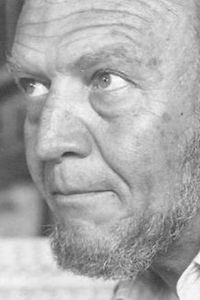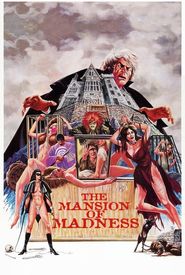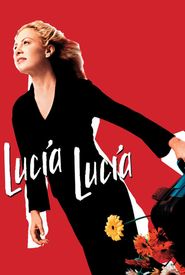Max Kerlow, a prolific Mexican actor with over 100 films in his filmography, began his career with a different intention - to be a painter. However, life took him on a different path, and he pursued a career in architecture at the National Autonomous University of Mexico in 1954. After graduating, he dedicated himself to promoting crafts, collaborating with artists such as Manuel Felguérez and Felipe Ehrenberg.
With Felguérez, he developed a unique line of ceramics, and with Ehrenberg, he created a technique for painting on amate paper, which he later taught to indigenous people at his café-gallery La Amargura. Although he only mounted one painting exhibition, he continued to draw and make caricatures daily.
However, it was in acting that Kerlow truly excelled and found his greatest satisfaction. He began his acting career in 1963 under the direction of Juan José Gurrola in Confesión de Stavroguin. He became a friend and frequent collaborator with directors such as Paul Leduc, Felipe Cazals, and Arturo Ripstein.
Kerlow's acting career spanned over five decades, with notable roles in films such as Las Poquianchis, El apando, Fox Trot, Frida, naturaleza viva, Cabeza de Vaca, Cómodas mensualidades, Kino, De noche vienes Esmeralda, La hija del caníbal o Lucía, Lucía, Morirse está en hebreo, and Cinco días sin Nora. He also won the Ariel Award for best male co-acting for his performance in Por si no te vuelvo a ver.
In addition to his film work, Kerlow had a leading role in the Italian film Mediterráneo, directed by Gabriele Salvatores, which won the Oscar for best foreign film. He also appeared in documentaries and commercials, showcasing his versatility as a performer.






























